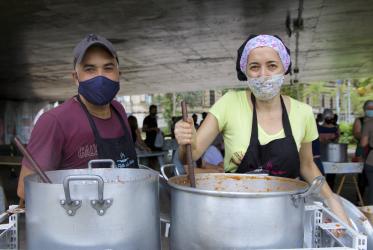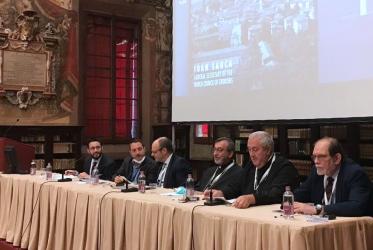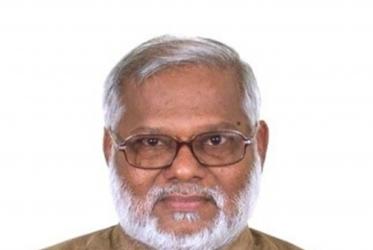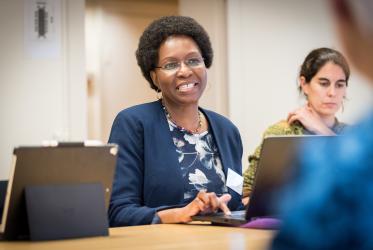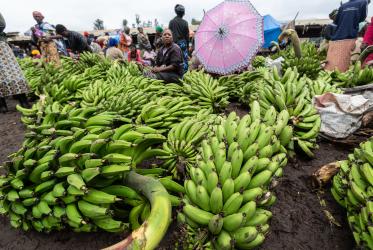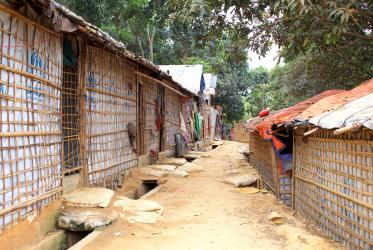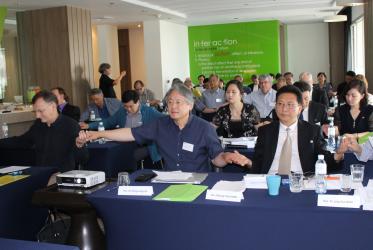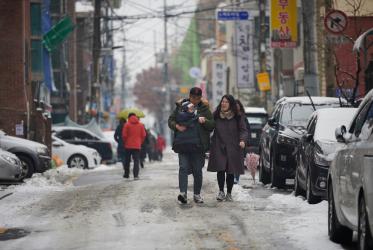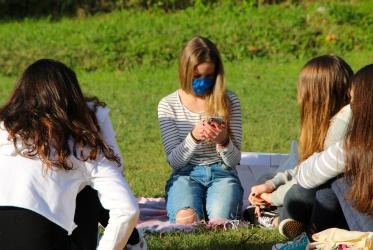Displaying 81 - 100 of 576
08 October 2021
Scottish and UK religious leaders call for urgent climate action
20 September 2021
WCC mourns loss, celebrates life of Bennet Benjamin
09 August 2021
Peace and unity on the Korean Peninsula matters globally
25 February 2021
Young people offer visions for interreligious solidarity
04 December 2020
